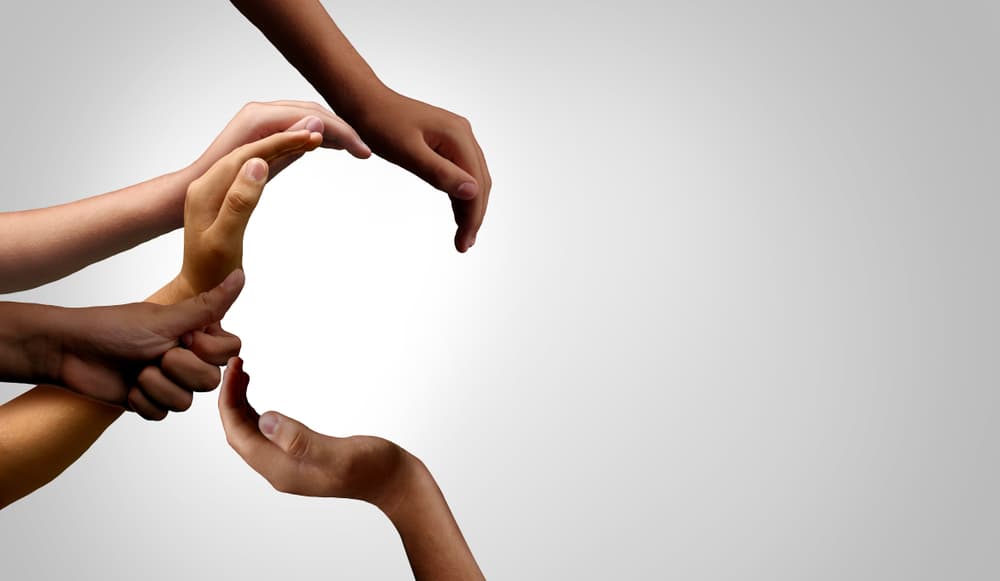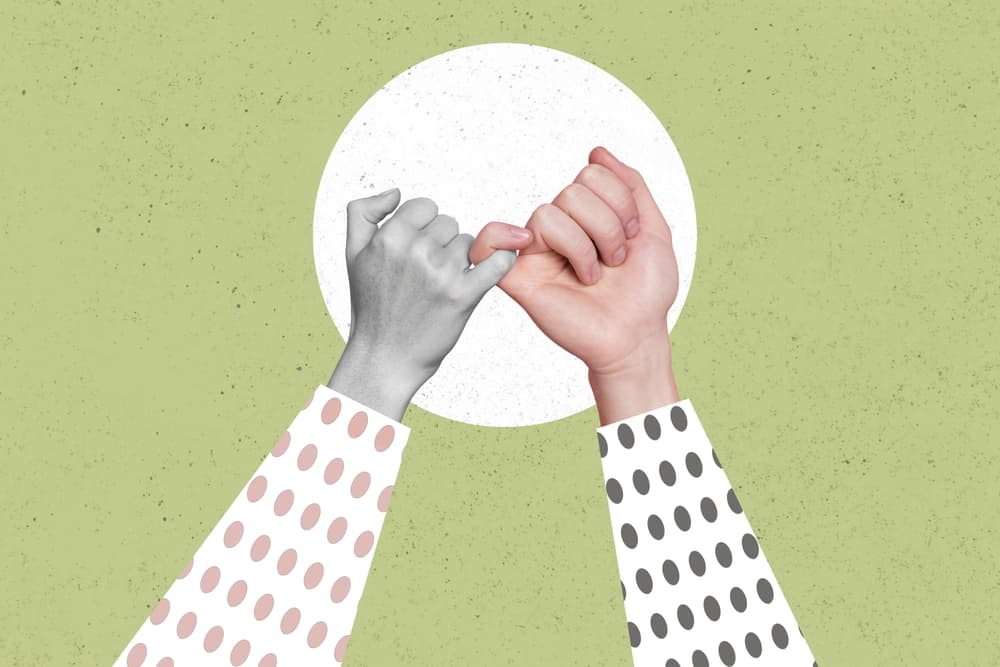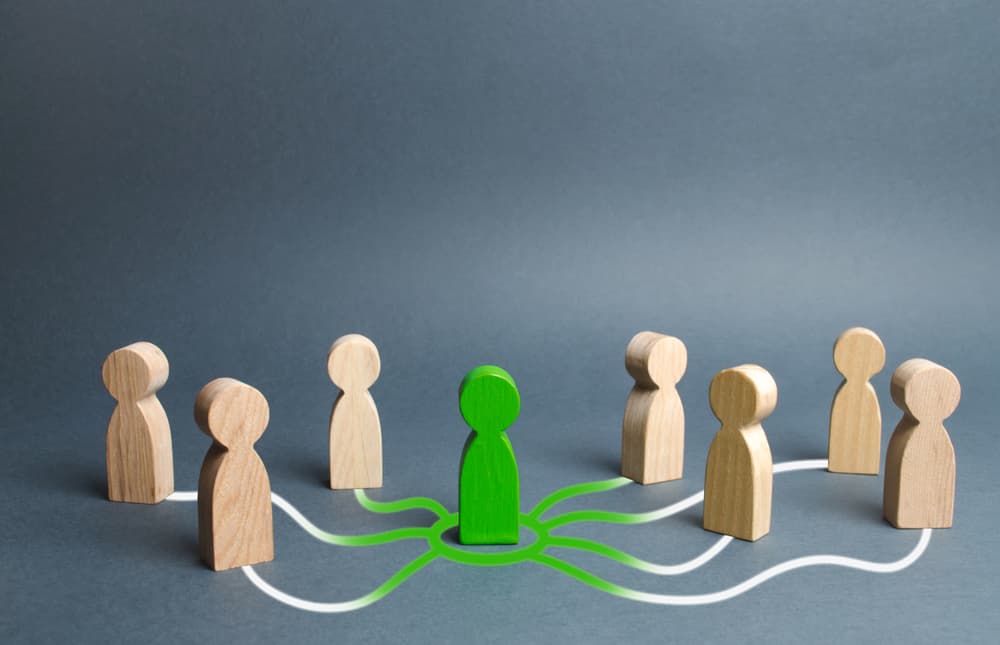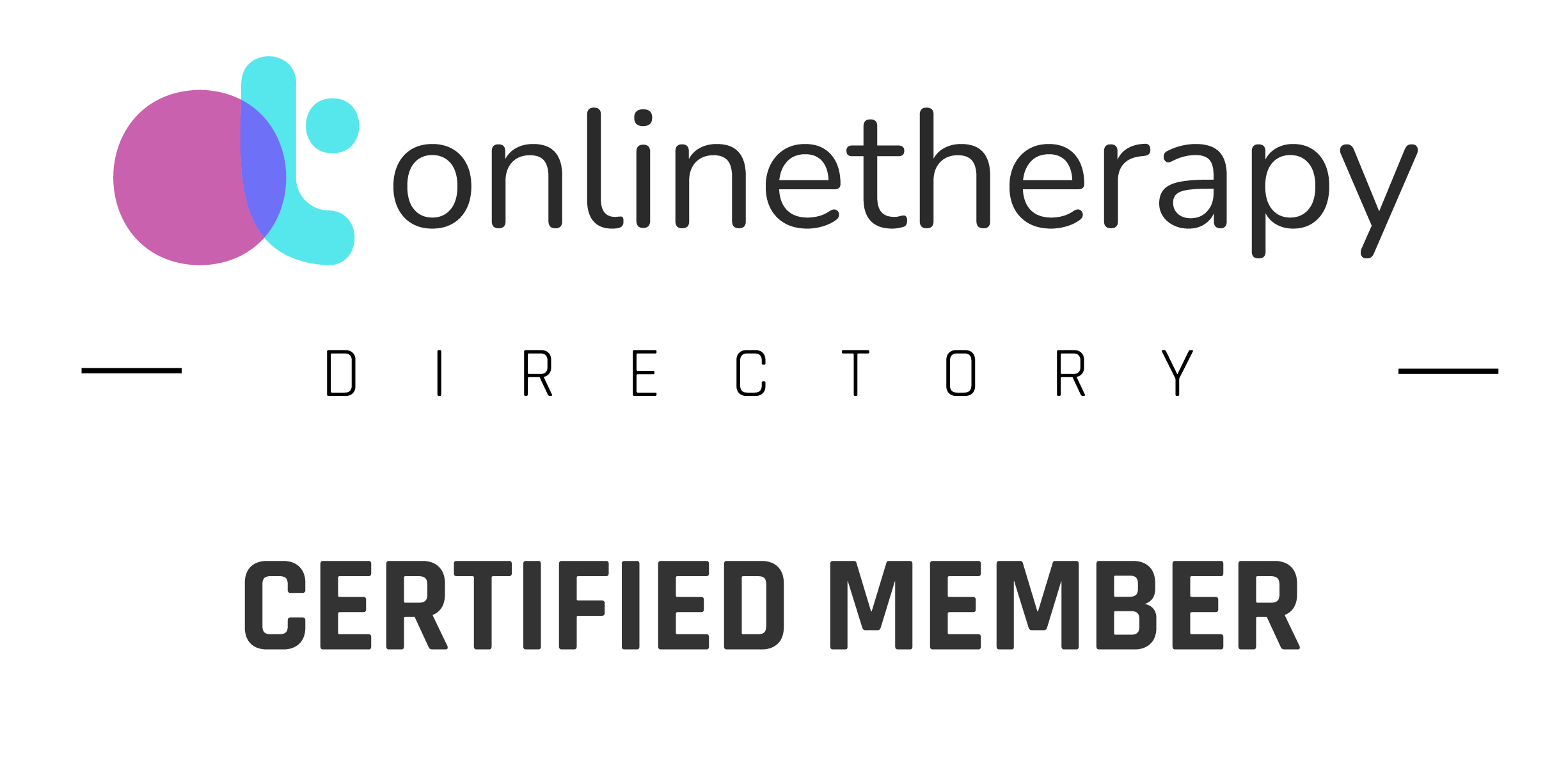During the human experience, it is common to form relationships of many types, from family and friends to intimate partners. Each type of relationship can significantly impact in positive and negative ways.
Healthy relationships bring us joy, support, and companionship but can also be challenging and require thought and effort. Understanding the types of relationships, what they entail, and the support needed can help us make better mental and emotional health decisions.
This blog aims to provide an overview of types of relationships, the challenges they can bring, and some tips from our experienced therapists for how to navigate relationships in a healthy way.

What Does “Relationship” Mean?
The word “relationship” describes the connection between two or more people. We can experience them in many forms throughout our personal journey since they are a complex and ever-changing set of interactions.
Some important psychoanalysts like Sigmund Freud and Carl Jung focused heavily on relationships between people and how they can influence our happiness or distress. Thats why having emotional responsability and attending to counseling if you need healing is a must.
Types of Relationships
It is important to recognize the types of relationships we partake in. These types can range from familial and platonic relationships to romantic partners.
Family Relationships
Families are the first contact we have with relationships and are arguably the oldest and most important connections for human beings. From the moment we are born, everything around us tells us we are here to live as part of a social group, and the family is our first contact.
Family relationships are the principal source for forming behaviors, values, habits, and beliefs that transcend generations. But most importantly, this type of relationship is the only one that unites us sanguinely with other human beings and that exists even coming out of our mother’s womb.
When family relationships are strong and healthy, they provide us with a network of support, love, and security. However, when there are family conflicts or issues that remain unresolved, they can also be a source of distress and trauma.
Friendships
Friendships are relationships built around shared interests and experiences, often formed through mutual acquaintances or random encounters. They give us comfort, trust, and understanding.
These relationships are extensively divergent since there are different levels of trust and depth. Friends could range from casual acquaintances to close friends who share most of their secrets and experiences.

Individuals voluntarily choose friends for companionship, which means we can choose who our friends are more than we can influence who our family is. This gives us more freedom than any other type of relationship.
Friendships are very important for our mental health and happiness, as they help us cope with the stress of daily life, support us, and allow us to be ourselves.
Acquaintances
Acquaintances are defined as casual interactions with people we know, but with whom we don’t have any particular connection. This type of relationship is usually formed through work or other settings where people must be together.
Acquaintances can provide a sense of social connectedness and are valuable in many aspects. But, since these relationships don’t require any particular commitment or bond, they can also be easily discarded when a person doesn’t feel connected anymore–as long as it is done respectfully.
Romantic Relationships
Romantic relationships are the most challenging as they often involve an emotional connection and physical attractiveness that greatly impacts our happiness and mental health.
These types of relationships can be defined as a connection between individuals who, after experiencing intense attraction, decide to explore and share their lives.
A romantic bond should be a consensual agreement where two or more people respect each others’ wishes and share a connection of passion, understanding, commitment, and mutual acceptance.
Nowadays, there are several types of romantic relationships with diverse conditions that go from monogamous relationships to polyamorous and open relationships.
When these types of relationships are healthy and strong, they offer us a sense of belonging, happiness, and contentment. But when there are unresolved issues or conflicts between the persons involved, they can be a source of great suffering.
No matter the type of relationship, it is important to focus on its importance and understand that each one makes a difference and offers us unique benefits.
Healthy and Toxic Relationships
But it is important ot keep in mind that relationships can be healthy or toxic. In a healthy relationship, both partners feel respected, valued, and supported. They communicate openly and honestly with each other, make decisions together, and work towards common goals.
In contrast, a toxic relationship is characterized by disrespect, manipulation, and control. One partner may constantly belittle or undermine the other’s feelings and opinions. The toxic partner may also use guilt or coercion to get what they want from their partner.
Factors Influencing Relationships
Different factors can impact the relationship’s development and maintenance regardless of the relationship type. These include aspects such as
- Communication
- Trust
- Respect
- Emotional expression
- Physical intimacy
- Cultural differences
- Religious beliefs
- Economic standing
- Educational backgrounds
Challenges in Different Relationships
No matter what types of relationships you are in, challenges will inevitably come up throughout them.
Some of the most common types of issues that arise within relationships include
- Communication problems
- Lack of understanding
- Power struggles
- Trust issues
- Issues of control
- Inability to compromise
- Anxiety
These problems can be difficult to solve but can be addressed healthily and productively with the right approach.
We Guide You Through Mental Health Transformation
At Mind and Body Counseling Associates, we believe all types of relationships can be valuable for our mental health and well-being.
We are committed to providing the Reno community with the tools and support they need to transform mental health and create satisfying and meaningful relationships.
Whether you are looking for individual, couple, or family therapy, we have experienced and highly qualified relationship therapists who can help you navigate the challenges of relationships and create a healthier and more fulfilling life for yourself.
Contact us today to learn more about how we can help you on your journey of mental health transformation!


